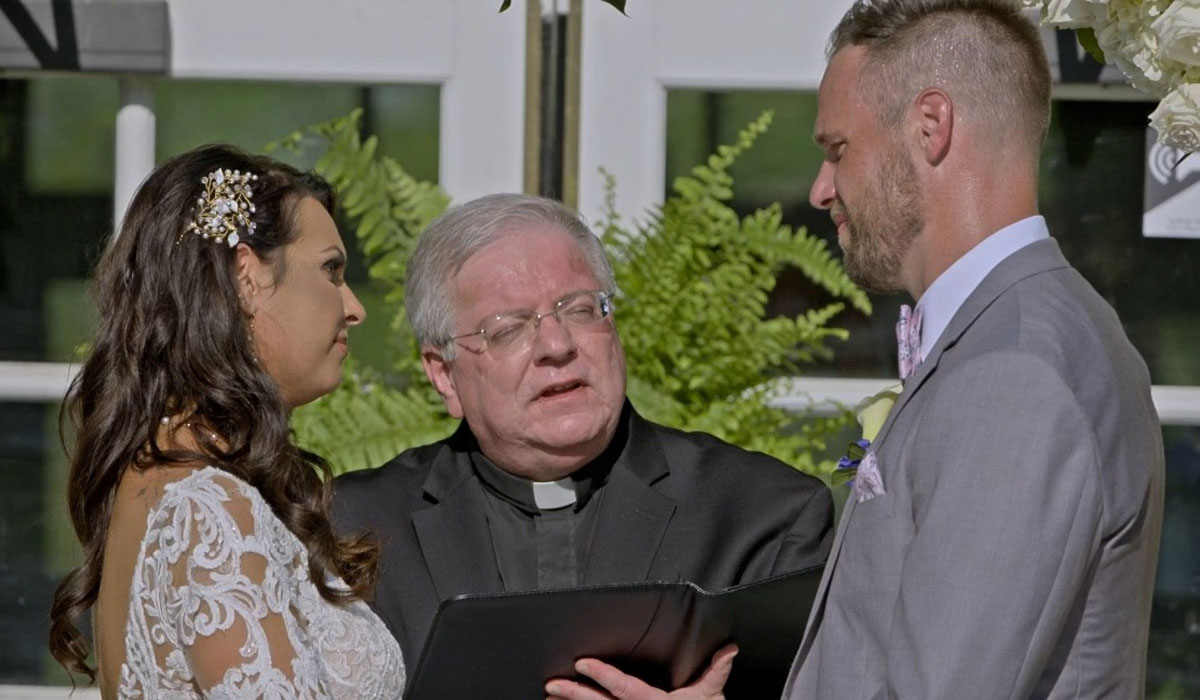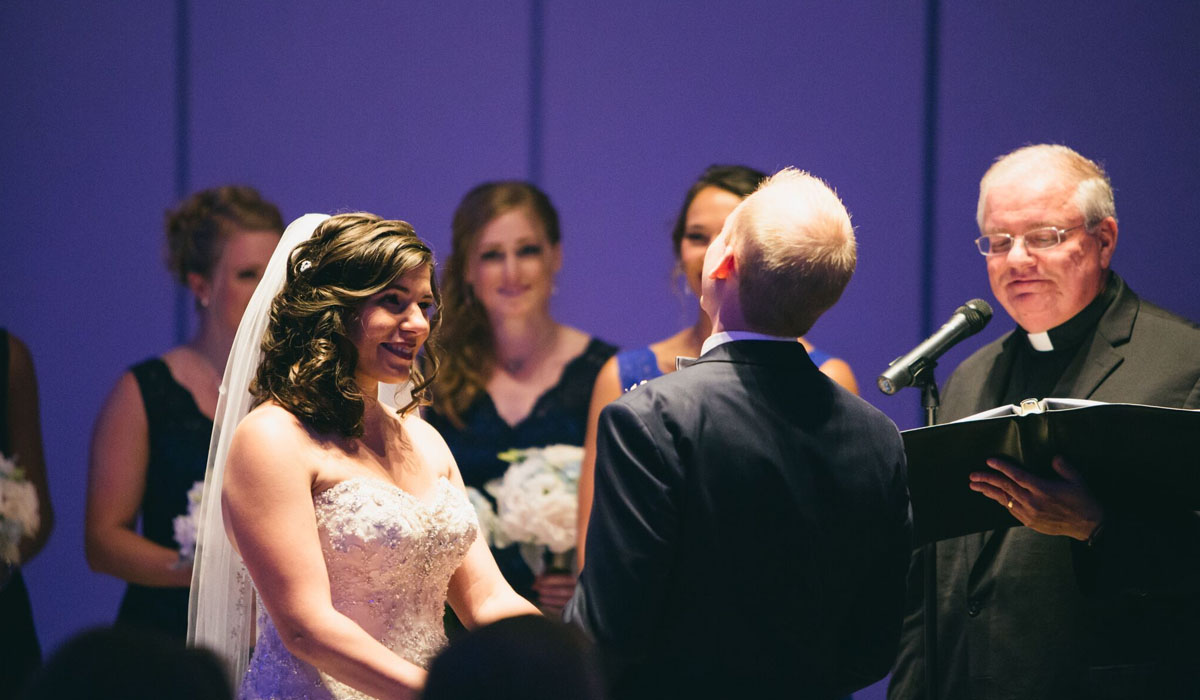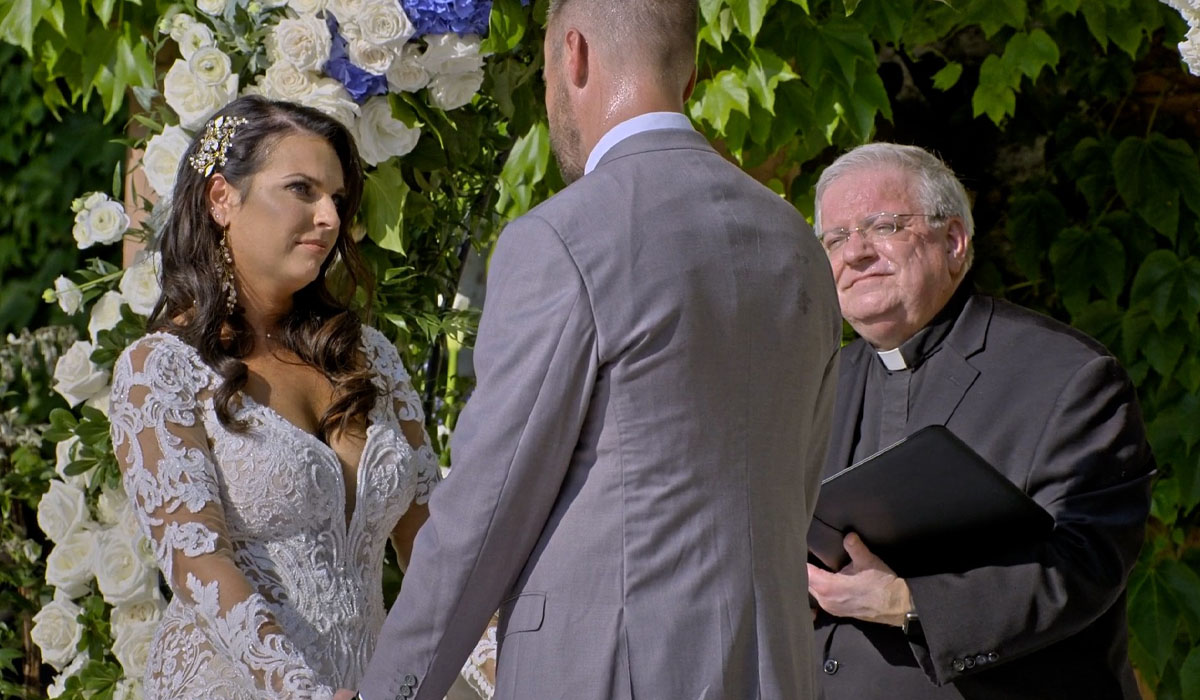
Working With Your Wedding Officiant On Your Big Day
Best Tips When Working With Your Wedding Officiant
You are so preoccupied with wedding preparations that you are unable to sleep. All you need is someone to assist you in planning your special day. Did you know that a wedding officiant ensures that your big day runs smoothly?
“I Do” Weddings is the best person to officiate a wedding. Rev. Phil Landers is the owner. He is a master storyteller and ceremony planner who officiates weddings in the Chicago area. He assists couples in planning their weddings and strives to ensure their wedding day is memorable, enjoyable and stress-free.
He will provide suggestions for your “big day” and the rehearsal. Read his clients’ reviews to see how pleased they were with his services. Check out the videos page to get a better idea of what it’s like to have your love story shared at your wedding. If you have any further questions about how to plan your dream wedding, please contact him at (630) 664-3500. He is your best bet if you’re looking for a marriage officiant near you.
How To Be An Officiant At A Wedding?
Here are a few things you need to do to become an officiant at a wedding. First, get ordained by a recognized authority. This will give you the power to preside over weddings. Then, start the process by contacting your local government office.
The first step is contacting the couples and asking for their marriage license. Once you have their marriage license, you can start officiating their wedding.
Before the ceremony can happen, you will have to make sure that all the legal needs are met. This includes making sure that both people have a marriage license and are free to get married. You will also need to ensure that the location is suitable for a ceremony and that all the paperwork is in order.
When everything is ready, you can officiate the wedding. This includes reading the vows and making the marriage legal. It also consists of the signing of the marriage contract.
It is an extraordinary thing to be in charge of a wedding. You are helping a couple have a day they will never forget, and you are also helping them be happy in the future.
If you are not ready and don’t know how to officiate a wedding, you can find a wedding officiant. Here are the best tips when you are going to work with a marriage officiant.

Best Tips When Working With Your Wedding Officiant
1. Get To Know Each Other
“One of the best things you can do to make sure your wedding ceremony is perfect is to get to know your officiant. Talk with them about what you want in a tradition, and ask them questions about their own experiences. Find out what they think makes a meaningful wedding ceremony.
The more you chat with your officiant, the more comfortable you feel on your big day. And comfort is critical when it comes to saying ‘I do!”
2. What Is Important To You?
Your wedding officiant is there to help you have the perfect wedding ceremony. This means they can help ensure that the ceremony shows how you and your partner are different. The best way to ensure your ceremony is unique and memorable is to talk to your officiant about what you want.
What is important to you? What do you want your wedding ceremony to say about you as a couple? Do you want it to be traditional or non-traditional? Formal or informal? Religious or secular?
These are essential questions to tell your wedding officiant. Knowing what you want can make your ceremony perfect.
3. Flexibility
Remember that your wedding officiant wants to make your day special. They offer many customized services and options. When working with them, you must be flexible so your big day goes smoothly.
First, make sure your wedding officiant is willing to work with you. Will the officiant create a ceremony you like? Will the officiant make last-minute ceremony changes?
When you meet with potential officiants, ask if they are flexible and willing to create a ceremony that fits your needs. This will help you make sure your ceremony is everything you’ve ever wanted.
4. Legal Officiant
The officiant is one of the most influential people at your wedding. They will make sure that your marriage is legal. You should choose someone qualified and licensed in your state.
Be comfortable with the officiant who will be performing your wedding ceremony. Be sure to ask them questions about their experience and get to know them before making a final decision. This way, you can be sure you are happy with who will be leading on your big day.

5. Planning Your Ceremony
If you want an officiant for your wedding, you should contact them as soon as possible. Many officiants require a meeting with the bride and groom before they agree to do the ceremony. This is so they can get to know you better and understand what type of ceremony you want.
Your officiant will likely have some questions for you, such as:
- What type of ceremony do you want? Religious or non-religious?
- What is the approximate length of the ceremony?
- What readings or other elements do you want to be included?
- Where will the ceremony take place? Indoors or outdoors?
- Do you have any specific requests or requirements?
Once you have told your officiant what you want, they can tell you what they can do. If you are happy with what they offer, the next step is to book them for your wedding day!
6. Rehearsal Ideas
Planning the rehearsal of your wedding can help make sure your big day goes smoothly. Here are a few tips to help you make the most of your practice:
- Make a list of who will participate in the ceremony and what they will do. This will help you organize everyone so that everyone knows their role.
- Go over the sequence of events with your officiant, so everyone is on the same page.
- Have a run-through of the ceremony so everyone knows what to expect and can practice their part.
- Make sure to allow enough time for setting up and teardown so that everything goes smoothly on the day of the ceremony.
- Relax and enjoy the rehearsal! It’s an excellent opportunity to get everyone excited for the big day.
7. Payment Policy
Make sure you understand how your wedding officiant wants to be paid. All officiants ask for at least a deposit. Most want to be paid about two or three weeks before the wedding. Some officiants will not get their fee until the day of the wedding.
No matter what, just make sure you know the policy of the officiant inside and out. Some people will want a check, and some will only accept cash. Others take credit cards – sometimes the couple pays the 3% fee, sometimes the officiant does. Zelle is always popular – free to the couple and the officiant.
Wedding officiants are the most important part of your wedding. You should follow any advice they give you about your ceremony. They are experts, so it is a good idea to listen to them! By following these tips, you can be sure that you have made the perfect choice for your officiant.
When it comes to getting married and finding a wedding officiant, “I Do” Weddings is your best option. If you’re planning a wedding, he provides several packages to suit your needs. He is ready to assist you with any and all aspects of wedding preparation. He will be an asset in your quest for a successful, fun, personalized ceremony.
Where can you find a wedding officiant close to me? Rev. Phil Landers will respond quickly when you contact him at (630) 664-3500.
Wedding Packages We Offer:
Articles We’ve Selected For You:
Frequently Asked Questions
The Registrar, the Civil Marriage Commissioner, the Minister, the Notary, and the Priest
It’s nice – but not necessary – to invite your officiant to the rehearsal dinner and/or reception. If it’s your family’s pastor or priest, then you must do so.
If you have a specific ritual within the ceremony that requires rehearsal, make sure to notify your officiant before booking. Find out how early your officiant usually arrives before the ceremony begins. At least 30 minutes is a good rule of thumb.
While many couples intend to have a spiritual minister (priest, pastor) perform their wedding ceremony, it is becoming increasingly common for couples to choose a close friend or special family member to get ordained online and serve as their officiant.
The ring exchange follows the vows in a traditional wedding ceremony order. The groom typically goes first. He puts the wedding band on the bride’s finger while repeating a phrase like, “I give this ring as a sign of my love.” The bride then has her turn.
The Groom: The groom would traditionally say his vows first, followed by the bride. There are no rules for that custom, and many couples now choose other ways to determine who goes first, especially at LGBTQIA+ and nondenominational weddings.
Those who have gone through this process are known as ordained ministers, indicating that they have officially completed the steps required to become a priest or minister. Ordained ministers are considered clergy and are frequently given the title of reverend.
